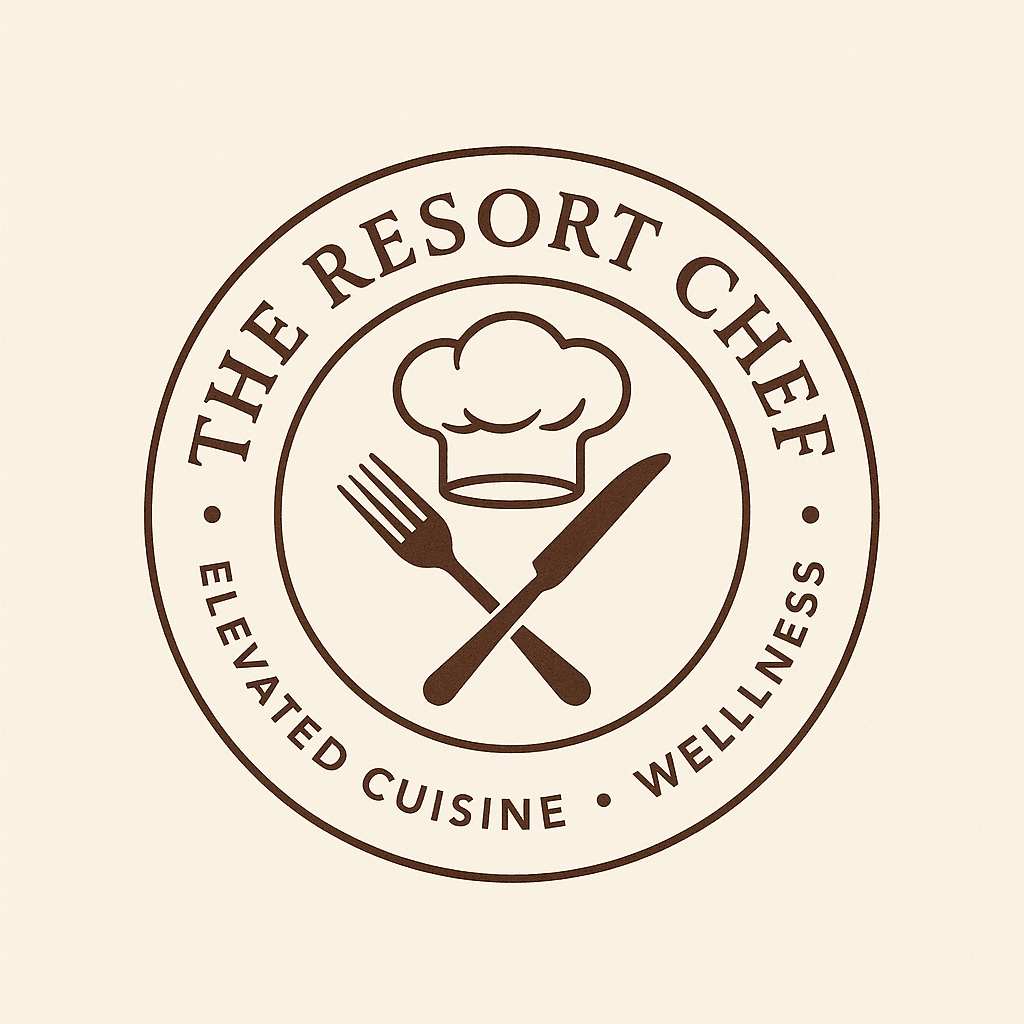Exploring Traditional Pickling and Lactic Fermentation Methods
The Art of Traditional Pickling
Traditional pickling is a time-honored method of preserving food that has been used for centuries across various cultures. This process not only extends the shelf life of foods but also enhances their flavors, creating a unique taste profile that many people love. Pickling typically involves immersing food in an acidic solution, often vinegar, which inhibits the growth of bacteria.
The beauty of pickling lies in its simplicity and versatility. You can pickle a wide range of vegetables, including cucumbers, carrots, and beets, as well as fruits like apples and pears. Additionally, pickled foods are a staple in many cuisines around the world, from Korean kimchi to Indian achar.

Understanding Lactic Fermentation
Lactic fermentation, on the other hand, is a distinct process that relies on lactobacillus bacteria to convert sugars in food into lactic acid. This method doesn't require vinegar, making it a more natural way to enhance both the flavor and nutritional value of foods. The lactic acid produced acts as a preservative and gives fermented foods their characteristic tangy taste.
Commonly fermented foods include sauerkraut, kimchi, and yogurt. These foods are not only delicious but also packed with probiotics, which are beneficial for gut health. The fermentation process can also increase the levels of certain vitamins and minerals, making these foods a valuable addition to your diet.

Key Differences Between Pickling and Fermentation
Although often used interchangeably, pickling and fermentation are different processes with distinct outcomes. While pickling primarily relies on an acidic solution to preserve food, fermentation uses naturally occurring bacteria. This difference affects both the flavor and nutritional content of the final product.
Here are some key distinctions:
- Flavor: Pickled foods tend to have a sharper, vinegary taste, while fermented foods have a more complex, tangy flavor.
- Nutritional Benefits: Fermented foods often contain probiotics, which support gut health, whereas traditional pickled foods may not.
- Process: Pickling is usually quicker than fermentation, which can take several days to weeks.

The Benefits of Homemade Pickling and Fermentation
Crafting your own pickled or fermented foods at home has numerous benefits. Not only does it allow you to control the ingredients and flavor profiles, but it also reduces waste by using seasonal produce effectively. Making these foods at home can be a fun and rewarding activity that connects you to culinary traditions.
Additionally, homemade pickles and ferments can be customized with your choice of spices, herbs, and other flavorings, allowing you to create truly unique creations tailored to your taste preferences.
Getting Started with Pickling and Fermentation
If you're new to these preservation methods, starting simple is key. Begin with vegetables like cucumbers for pickling or cabbage for fermentation. As you become more comfortable with the processes, you can experiment with different ingredients and techniques.
Here's a basic outline to get you started:
- Select fresh produce: Choose high-quality vegetables or fruits for the best results.
- Prepare your brine or starter culture: For pickling, mix vinegar with salt and spices. For fermentation, create a saltwater brine or use a starter culture.
- Submerge the food: Ensure all items are fully submerged in the liquid to prevent spoilage.
- Store properly: Keep your jar in a cool, dark place until the desired flavor is achieved.

Whether you choose traditional pickling or lactic fermentation, these age-old methods offer a wonderful way to explore new flavors while preserving the bounty of each season. Enjoy the process as much as the delicious results!
At The Resort Chef we have always been firm believers in following the old recipes of our ancestors which have become a huge nutritional topic as of late. In an informal tasting, we preferred lactic fermentation of veggies versus traditional vinegar. We do quite a bit of quick picking techniques, however whenever we are in a pinch and get a hunkering for quick pickled veggies from our garden or the farmers market.
Until next time.. Cheers Y'all!
